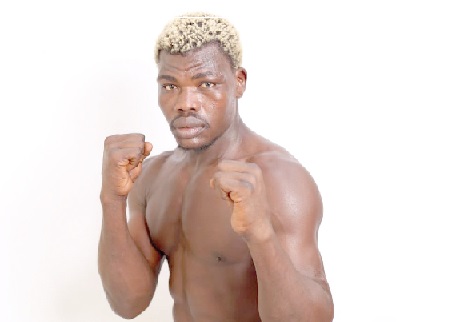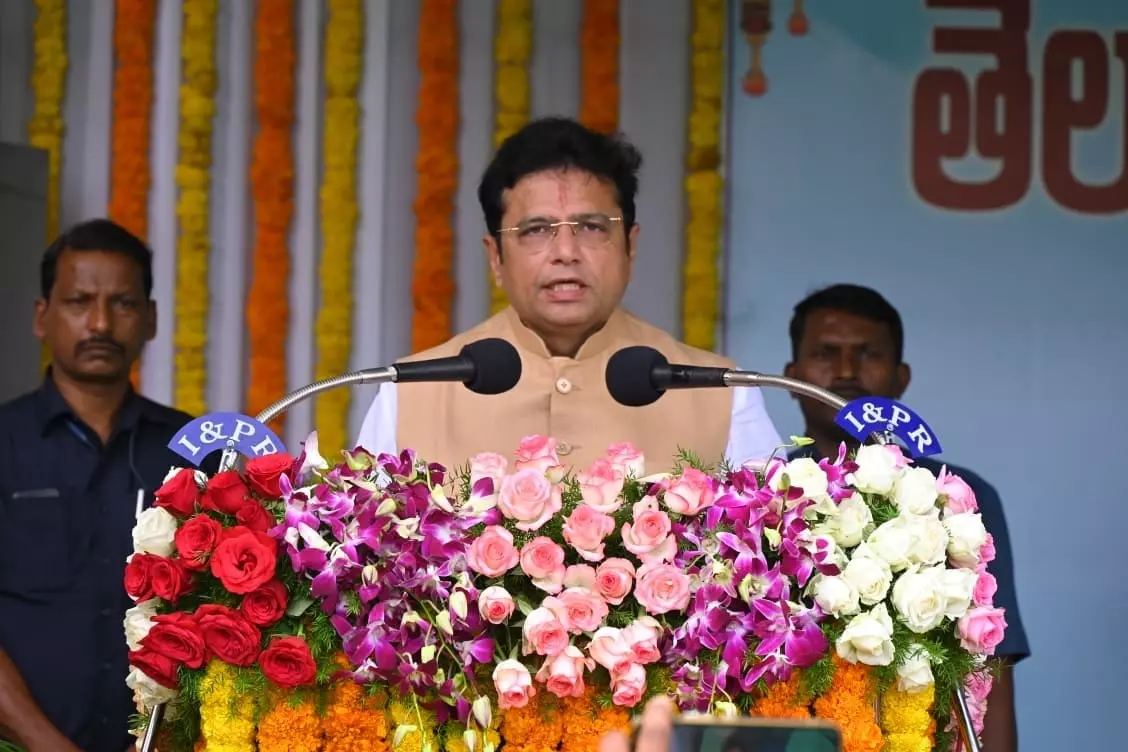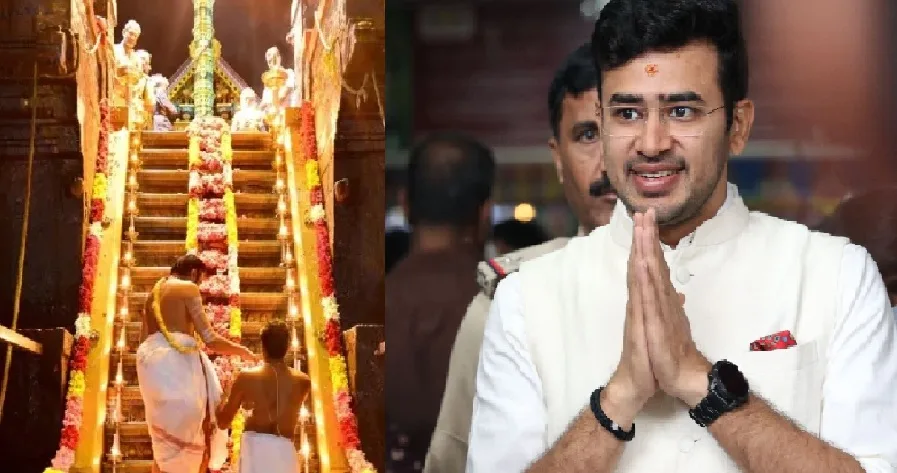Boxing at a crossroads: Why Ghana must embrace reform to protect fighters, preserve the sport
By Ghana News
Copyright ghanamma

The tragic death of Ernest Akushey, better known in the ring as Bahubali, has jolted Ghanaian boxing into yet another moment of painful reckoning.
The latest tragedy has once again forced Ghana—and indeed Africa—to confront uncomfortable questions about the way professional boxing is run.
Bahubali’s passing, 10 days after he was baffered in the ring during an eight-round bout with Jacob Dickson, is not an isolated incident.
Barely six months ago, Nigerian boxer Gabriel Oluwarenju collapsed at the Bukom Boxing Arena and later died from suspected internal bleeding.
Boxing, by its very nature, is brutal. But it should never be a death sentence. Yet Ghana continues to run the sport as though stuck in a bygone era—where lives are gambled, structures are outdated, and regulation is weak.
The result is a sport tarnished by avoidable tragedies, with the future of an industry once filled with promise now hanging in the balance.
Proud legacy under threat
Ghanaian boxing has produced legends who carried the nation’s flag with pride on the world stage. From David Kotei (DK Poison) to Azumah Nelson to Ike Quartey to other celebrated world champions in the last five decades, the sport has long been a source of glory for Ghana.
But beneath the celebrated history lies troubling neglect. Too many fighters step into the ring armed only with raw courage and minimal support.
Medical screenings are either inadequate or perfunctory, insurance packages are almost non-existent, and regulatory bodies lack the modern tools required to safeguard fighters’ lives. The result? A sport that should be a beacon of resilience risks becoming synonymous with tragedy.
Reform is non-negotiable
The Ghana Boxing Authority (GBA) and allied stakeholders can no longer afford to drag their feet. Reform must start with prioritising health and safety.
Every boxer deserves thorough pre- and post-fight medical checks—not as token rituals but as rigorous tests capable of detecting internal bleeding, head trauma, and early neurological damage.
Modern technology, from brain scans to advanced heart monitoring, must become standard.
These measures are not costs — they are investments in survival and sustainability of a sport that has given Ghana to much but bring left in ruins.
Secondly, insurance is no longer a luxury; it is a necessity. Boxers should never be left vulnerable, nor should their families be abandoned in the wake of tragedy.
Comprehensive insurance packages must be secured to cover accidents, long-term medical treatment, and death benefits. Without these, boxing remains an exploitative venture where fighters pay the ultimate price without a safety net.
Thirdly, governance must evolve. The sport can no longer be run by outdated structures and personalities resistant to change. Ghana needs forward-looking leadership, transparent management, and accountability.
Only then can we shift from crisis management to genuine prevention.
Boxing as business
Boxing is not just about punches thrown in the ring; it is also about perception, branding, and business. Globally, the sport thrives not only on athletic prowess but also on branding, marketing, and spectacle.
In Ghana, however, boxing still struggles to attract corporate sponsorship because its marketing is stuck in the past and disconnected from modern trends.
The solution is clear: professionalise the business side of the sport. Embrace social media, live streaming, merchandising, and storytelling around fighters to create appeal.
A vibrant commercial ecosystem for boxing would generate funds to improve healthcare, training, and welfare — proving that safety and sustainability are two sides of the same coin.
Responsibility of boxers
Reform must not only come from regulators and administrators. Change must also come from the athletes. A boxer’s body is his engine, and indiscipline is a fast track to disaster.
Proper diet, sufficient rest, and training are non-negotiable. Sedentary habits, alcohol abuse, reckless lifestyles, and other excesses only weaken stamina and increase vulnerability in the ring.
Our boxers must embrace professional discipline, not as an option but as the foundation of a successful career, understanding that their health is as much a weapon as their fists.
Defining moment
The deaths of Bahubali, Oluwarenju and other African boxers cast a long shadow over the sport on the continent. However, they also present a defining moment.
Will Ghana continue treating boxing as an archaic pastime, or will it embrace reform to become a modern, respected, and safe sport?
The answer must be reform. Every life lost is one too many. The time to act is now—before another tragedy forces us into yet another cycle of grief and regret for not doing enough to safeguard the sport and fighters.
Boxing deserves better. Boxers deserve better. And Ghana deserves better.



